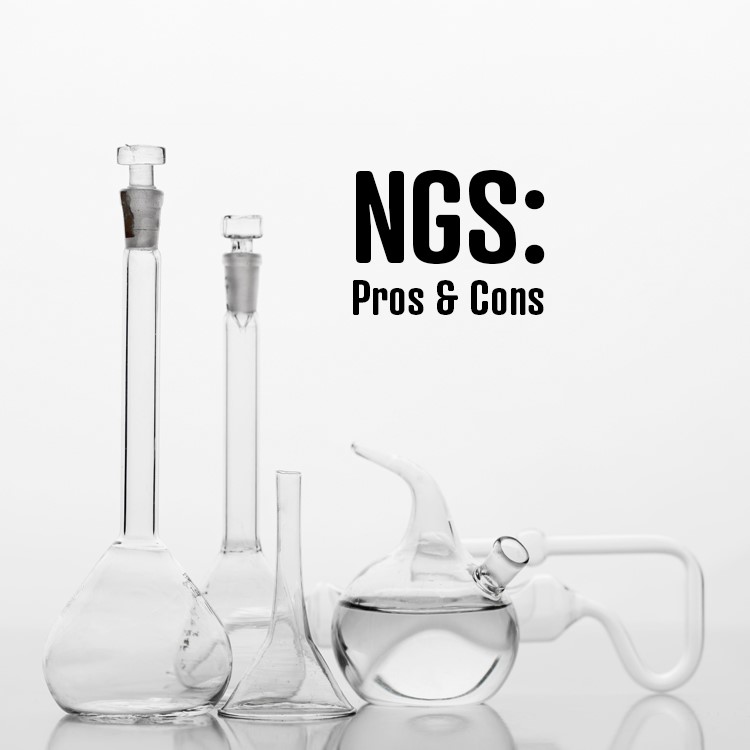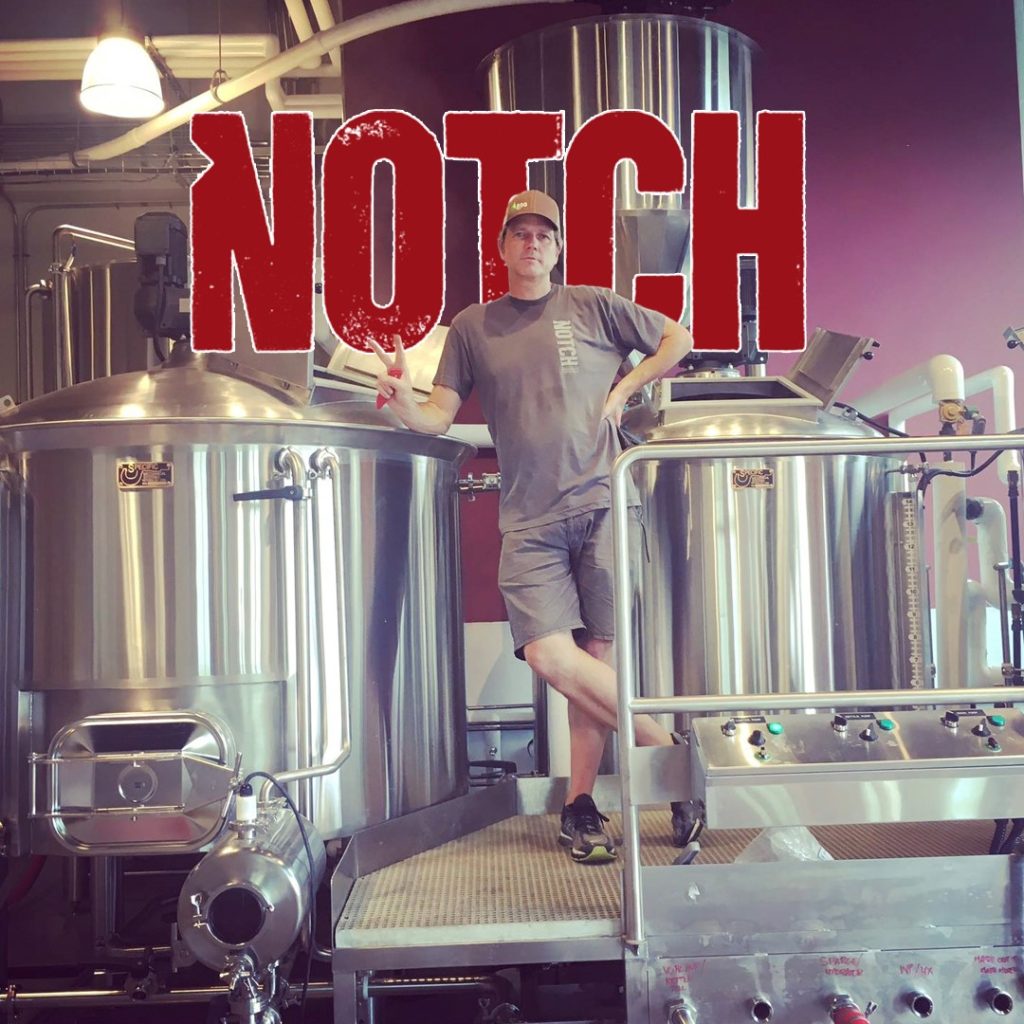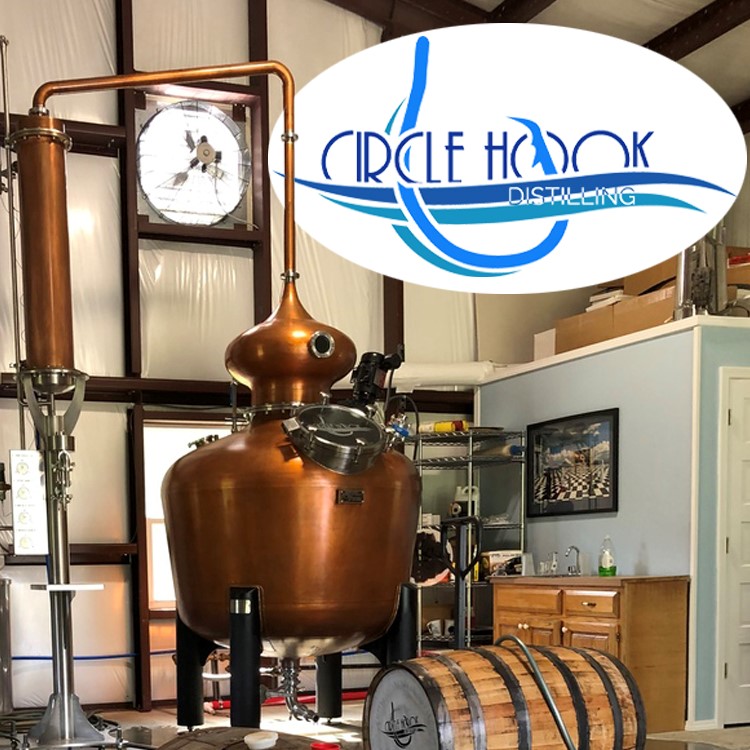Neutral Grain Spirit (NGS), a high-proof ethanol distilled from grains, plays a significant role in the production of various alcoholic beverages. While its versatility and efficiency make it a popular choice for manufacturers, there are both advantages and disadvantages to consider when using NGS.
Pros of Using NGS
- Neutral Flavour Profile
The lack of strong flavours in NGS makes it an ideal base for spirits like vodka, gin, and liqueurs, allowing added ingredients and flavourings to shine without interference from the base alcohol. - Cost-Effectiveness
Large-scale production of NGS is often more economical than crafting alcohol from unique raw materials or traditional methods, making it a cost-efficient choice for manufacturers. - Versatility
NGS serves as a blank canvas for a wide range of alcoholic products, from flavoured spirits and fortified wines to ready-to-drink beverages, offering producers significant creative flexibility. - Consistency
Its standard production process ensures uniform quality and taste across batches, which is critical for maintaining brand reputation and consumer trust.
Cons of Using NGS
- Lack of Distinctive Character
NGS’s neutrality can be a drawback for products that rely on unique, complex flavours derived from specific ingredients or fermentation methods, such as whiskey or rum. - Perception of Lower Quality
Craft and premium markets often favour traditional distillation techniques and provenance, leading to a perception that NGS-based products are less authentic or inferior. - Environmental Impact
Producing NGS at an industrial scale can involve significant energy and water consumption, as well as waste management challenges, particularly if derived from non-sustainable sources. - Safety Risks
Handling NGS requires careful dilution and processing, as its high alcohol content can pose risks if improperly managed, leading to dangerously strong or unsafe products.
Conclusion Neutral Grain Spirit offers clear advantages in efficiency, versatility, and cost, making it a valuable tool in alcohol production. However, its neutrality and environmental footprint, along with the growing demand for distinctive and sustainable products, can be significant drawbacks. Producers must weigh these pros and cons carefully, balancing efficiency with consumer preferences for quality, authenticity, and environmental responsibility.





